The US Centres for Disease Control and Prevention, in partnership with APIN Public Health Initiatives, have urged for united efforts to combat Gender-Based Violence (GBV) and provide support to survivors. This call was made during a media round-table event on GBV organized by the US CDC and APIN Public Health Initiatives in Abuja.
Dr. Jerry Gwamna, Deputy Director for Programmes at U.S CDC Nigeria, highlighted the adverse effects of GBV on the overall health of survivors, encompassing physical, mental, and social well-being. He emphasized the CDC’s dedication to preventing GBV and lessening its impact through collaborative actions and programs funded by PEPFAR.
Victor Adamu, representing Dr. Gwamna, reiterated the CDC’s commitment to preventing GBV and offering essential aid to survivors through strategic partnerships and initiatives. He stressed the significance of collective participation across sectors to achieve lasting results in the fight against GBV.
Mrs. Bola Thompson, Gender Technical Lead of APIN Public Health Initiatives Nigeria, encouraged victims to speak out and expressed the organization’s unwavering support in the battle against GBV. She emphasized the importance of empowering survivors and ensuring sustained efforts in combating GBV.
Bukola Adewumi, Gender and GBV Programme Specialist at U.S CDC, emphasized the organization’s dedication to promoting gender equality and addressing GBV to enhance health outcomes for all individuals. She highlighted the need for accessible and high-quality health services, underlining the right of every individual to the highest attainable health standard.
Adewumi outlined comprehensive strategies for addressing GBV and HIV in women and girls, including community-based interventions aimed at transforming harmful social norms and equipping individuals with essential skills. These efforts aim to reduce HIV transmission rates, provide support for GBV survivors, and create safer and more equitable communities.
She disclosed that the organization has certified over 200 instructors, reaching more than 78,000 adolescents with self-defence and empowerment programs. Adewumi also mentioned the integration of GBV screening into all health services to ensure no survivor is overlooked, with post-violence care services provided free-of-charge.
To bridge service gaps for GBV survivors, Adewumi highlighted the organization’s strong relationships with referral centers to facilitate easy access to support services. Quality assurance assessments are conducted using WHO-standardized tools to uphold high care standards for survivors.


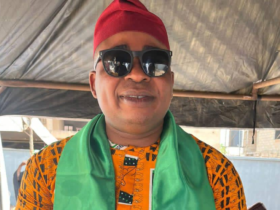
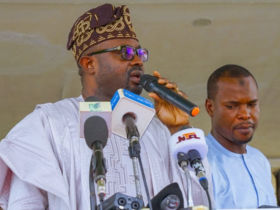


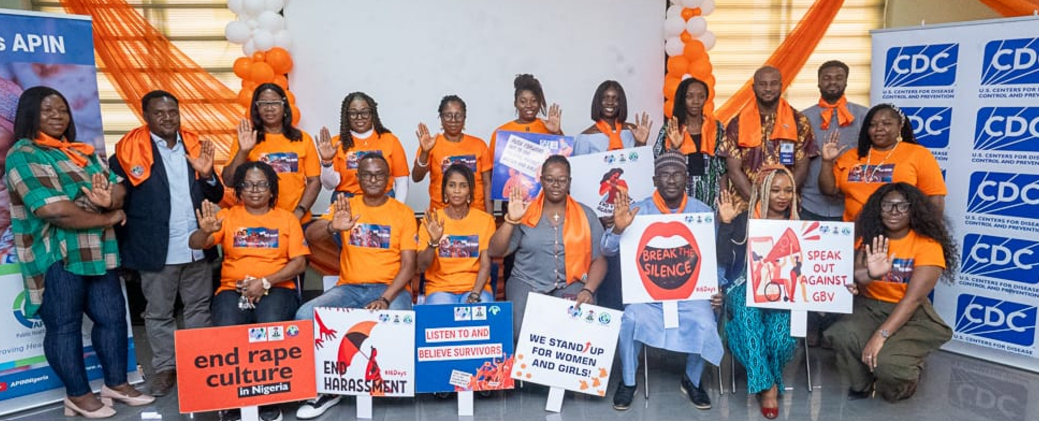

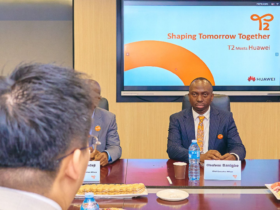
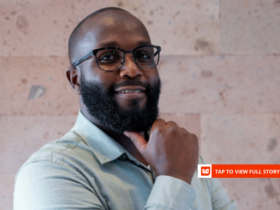

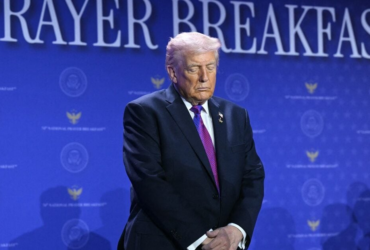




Leave a Reply